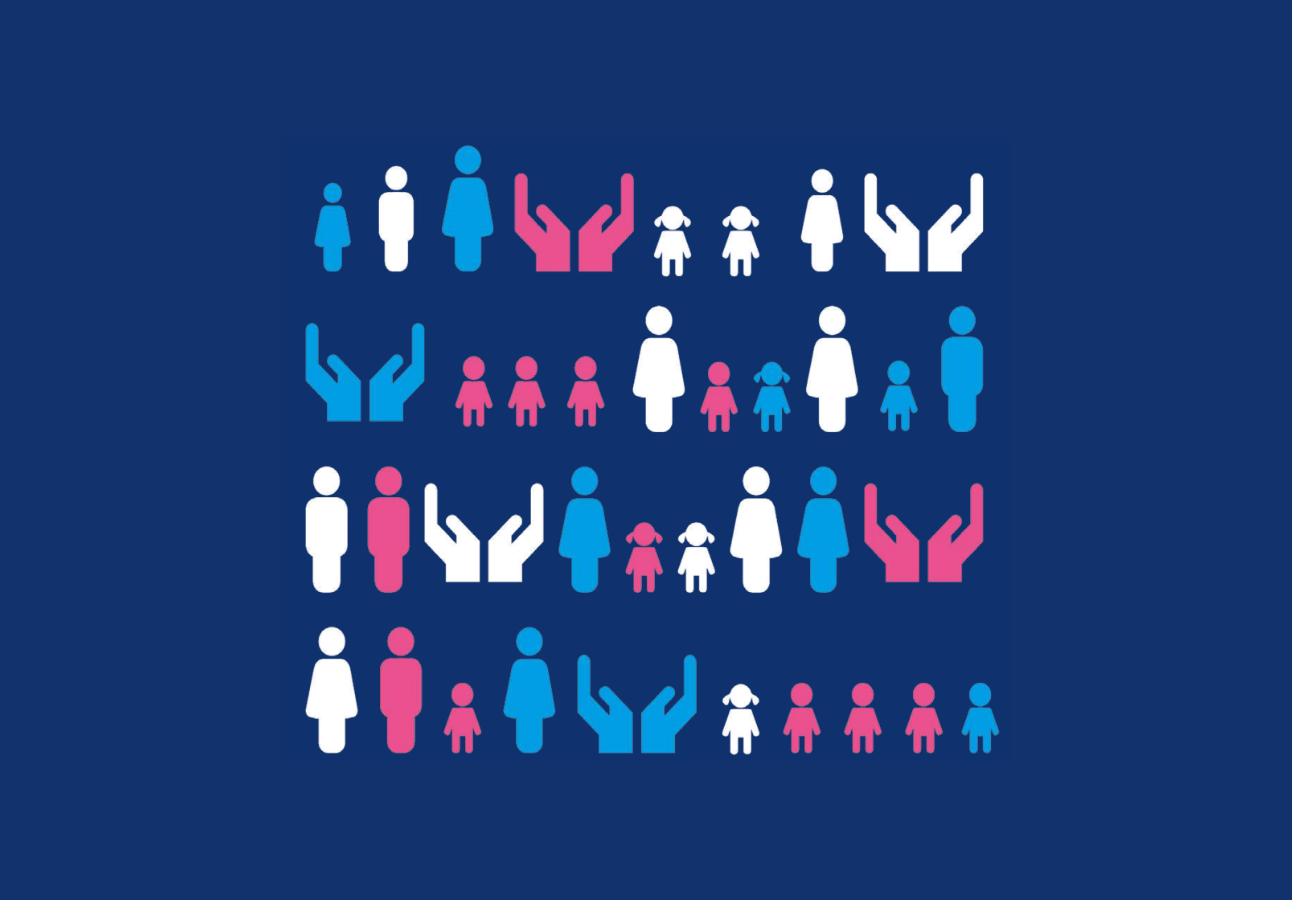
Young people provided a range of reasons, justifications and motivations for harmful behaviour across their survey responses and within interviews. These were grouped into five themes:
- Trust issues: Young people frequently described their use of harm being linked to insecurity, suspicions that their partner was cheating on them, and fear of rejection. Some saw controlling behaviour as a means of maintaining their relationship.
- Emotional dysregulation: Many young people described being unable to process or manage big emotions and using harmful behaviour as a kind of emotional release. For neurodivergent young people and those with mental ill-health, there were extra complexities around emotional regulation.
- Adverse experiences: A number of young people linked their harmful behaviour to their own experiences of trauma, and many discussed the normalisation of harm across their home and family environment, their peer relationships, their early romantic/dating relationships and the media.
- Reaction/response: Some young people described their use of harm as a response to the behaviour of another. In some cases this appeared to reflect violent resistance, and in others it was about using harm to punish someone for unwanted behaviour.
- Power and control: Some young people described the use of harm as a means to gain feelings of power and control, sometimes to compensate for a lack of control in other areas, and sometimes because they found it enjoyable.
When asked about what support for young people who harm should look like, young people most commonly discussed the need for support to be non-confrontational; the importance of the young person feeling accepted, and the importance of a relationship of trust with the person delivering support.
Young people completing the survey described what they felt would have helped them to not use harmful behaviours, the most common themes across their responses were:
- Having a space to discuss their behaviours and get advice
- Being able to reflect on their own thoughts and actions
- A change in the relationship dynamic
- Increased education/awareness
Many young people expressed a lack of understanding of how to have a healthy relationship and a desire for guidance around this.
Over half (56%) of the young people who took part in workshops said they would not seek support if they were worried about their own behaviour. The most frequently described barriers were around fear and embarrassment.


